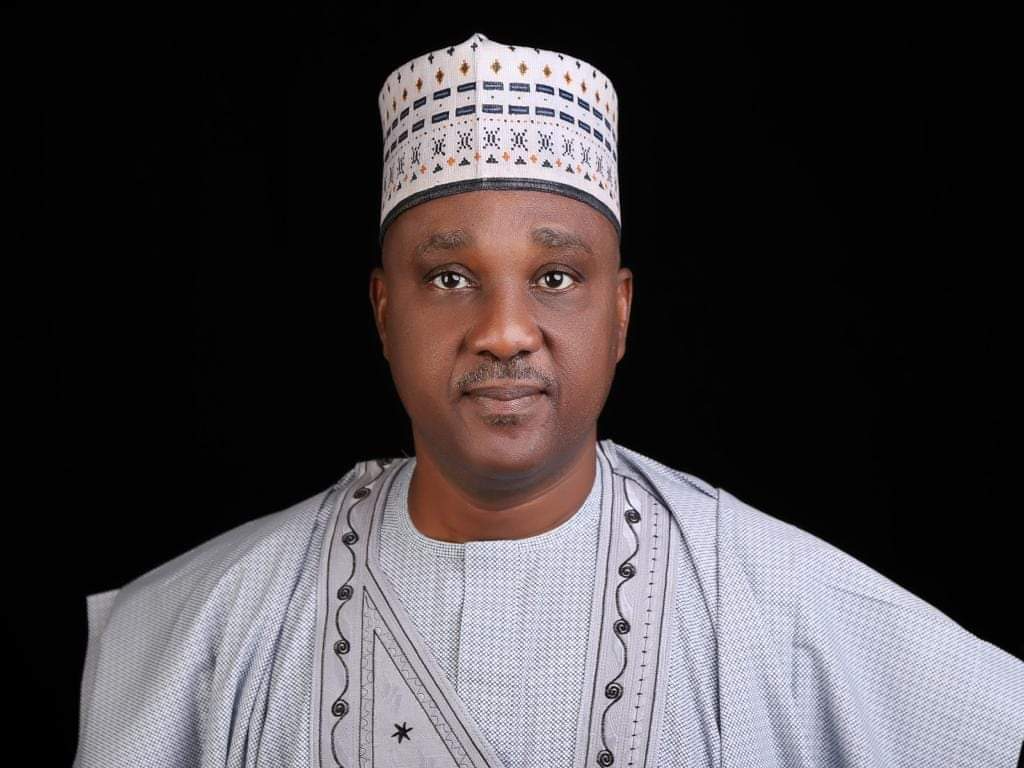Nigeria’s Mounting Debt: A Call for Responsible Borrowing and Enhanced Oversight
Nigeria’s public debt has become a subject of intense scrutiny and debate, with concerns raised about its escalating trajectory and potential implications for the nation’s economic stability. As of the first quarter of 2025, the country’s total public debt stood at a staggering N149.39 trillion, equivalent to approximately US$97 billion. This substantial figure represents a significant portion of the nation’s GDP, with the debt-to-GDP ratio reaching approximately 52%, surpassing the statutory ceiling of 40% established by Nigerian law. This alarming trend has prompted calls for urgent reforms in borrowing practices and strengthened oversight mechanisms to ensure responsible fiscal management and safeguard the nation’s financial future.
Abbas Tajudeen, Speaker of the House of Representatives, addressed the issue of Nigeria’s burgeoning debt at the West Africa Association of Public Accounts Committees conference, emphasizing the need for prudent borrowing and robust oversight. While acknowledging the potential benefits of public debt as a tool for development when managed responsibly, Speaker Tajudeen cautioned against excessive reliance on borrowing and stressed the importance of ensuring that every borrowed naira translates into tangible value for Nigerians. His remarks were subsequently clarified by his Special Adviser on New Media, Jowosimi Enitan, who emphasized that the Speaker’s message was not a condemnation of borrowing itself, but rather a call for greater transparency, accountability, and oversight in the management of public debt.
The core message of Speaker Tajudeen’s address revolved around the critical role of parliamentary oversight in ensuring responsible debt management. He emphasized that the legislature has a constitutional duty and moral responsibility to scrutinize borrowing practices and hold the government accountable for the utilization of borrowed funds. This oversight function is essential to prevent the accumulation of unsustainable debt levels and to ensure that borrowed resources are channeled effectively towards development projects that benefit the Nigerian people. The Speaker’s call for stronger oversight mechanisms underscores the importance of transparency and accountability in public finance management, principles that are crucial for maintaining fiscal sustainability and promoting economic development.
Speaker Tajudeen highlighted the positive strides made by the administration of President Bola Ahmed Tinubu in addressing the issue of excessive borrowing. The government’s focus on boosting non-oil revenue has yielded significant results, with Nigeria achieving its 2025 revenue target ahead of schedule without resorting to further borrowing. This achievement demonstrates the potential for fiscal discipline and strategic revenue generation to reduce dependence on external loans and strengthen the nation’s economic sovereignty. The Speaker commended these efforts as a positive step towards responsible fiscal management and encouraged continued progress in this direction.
The debate surrounding Nigeria’s debt underscores the complex relationship between borrowing, development, and fiscal responsibility. While public debt can be a valuable tool for financing critical infrastructure projects and stimulating economic growth, it must be managed prudently to avoid unsustainable debt levels and ensure that borrowed funds are utilized effectively. The emphasis on parliamentary oversight, transparency, and accountability reflects a growing recognition of the importance of good governance in managing public finances and promoting sustainable development.
Looking ahead, Nigeria must strike a delicate balance between leveraging the potential benefits of borrowing for development and maintaining fiscal sustainability. The Speaker’s call for strengthened oversight mechanisms and responsible borrowing practices provides a roadmap for navigating this complex challenge. By prioritizing transparency, accountability, and effective utilization of borrowed resources, Nigeria can ensure that public debt serves as a catalyst for sustainable economic growth and improved well-being for its citizens, rather than a burden on future generations.














